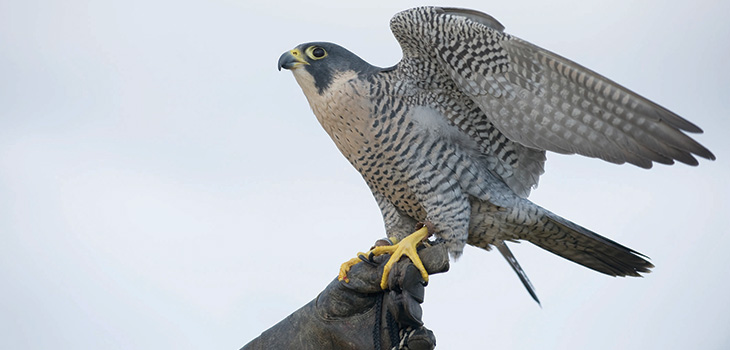
In Nicholas v Thomas Upper, the court ruled that noise and visual disturbances from a neighbouring scaffolding business caused stress and breeding failures in falcons, awarding £258,500 in damages.- The defendants’ activities were deemed unreasonable and negligent, with personal liability attaching to the director—even without proven malice.
- The judgment reaffirmed that nuisance includes substantial interference with land enjoyment, including commercial uses, and that abnormal sensitivity isn’t protected unless the defendant’s conduct is extraordinary.
The case of Nicholas and others v Thomas Upper and another company [2025] EWHC 752 (Ch) involved claims of private nuisance and negligence brought by a specialist falcon-breeding business against a neighbouring farm company. The dispute centred on whether the defendants’ conduct constituted an unreasonable interference with the claimants’ use and enjoyment of their land, resulting in significant business losses.
The case is notable for its factual complexity, its application of core nuisance principles, and its engagement with the Supreme Court’s decision in Fearn and others









